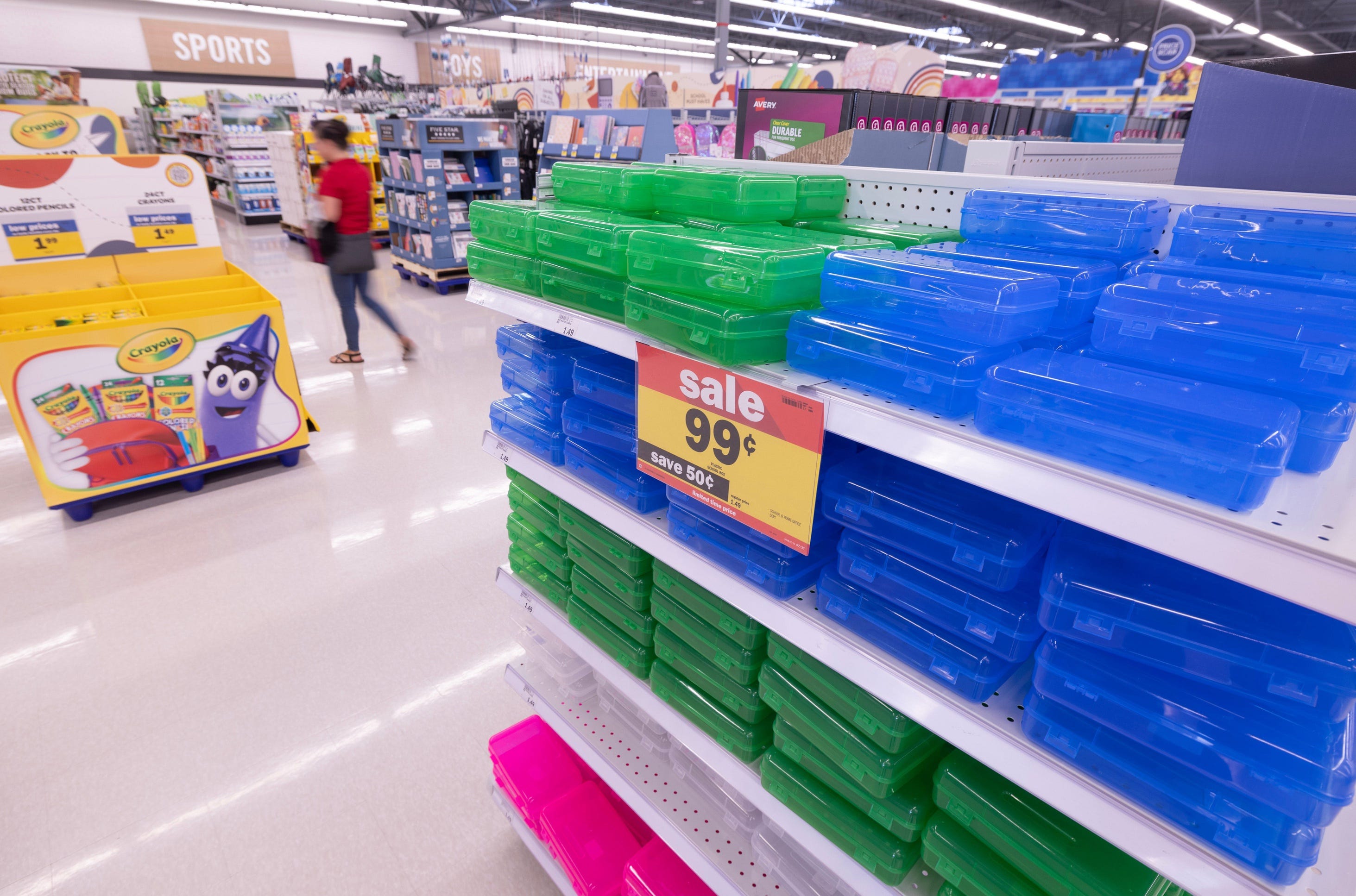Back-to-school tax-free days save you money in these states

Back-to-School Sales Tax Holidays: A Smart Way to Save
As the back-to-school season approaches, many parents are looking for ways to stretch their budgets. One effective strategy is taking advantage of sales tax holidays, which are available in several states during the summer months. These holidays allow shoppers to purchase essential school items without paying sales tax, offering a valuable opportunity to save money.
This year, more than ever, economic uncertainty and concerns about inflation have made budgeting for school supplies a top priority. According to recent surveys, a significant number of consumers are shopping earlier than usual, driven by worries about rising prices and potential product shortages. The National Retail Federation (NRF) reported that 26% of back-to-school and college shoppers had already begun shopping by early June, an increase from previous years.
The benefits of these tax-free periods extend beyond just saving on school supplies. For instance, Ohio and Massachusetts have expanded their sales tax holidays to include a broader range of items, making them even more appealing to shoppers. In Mississippi, the tax-free weekend starts on July 11, giving families a head start on their shopping.
Key Details About Sales Tax Holidays
Sales tax holidays typically cover a variety of school-related items such as clothing, shoes, electronics, and supplies. However, the specific items and limits can vary by state. Here's a breakdown of some of the participating states and what’s included:
- Alabama: July 18-20 – Clothing and shoes up to $100 per item, computers up to $750, school supplies up to $50, and books up to $30.
- Arkansas: August 2-3 – Clothing and shoes up to $100, accessories up to $50, school supplies, and electronic devices used for school.
- Connecticut: August 17-23 – Clothing and footwear under $100.
- Florida: August 1-31 – School supplies up to $50, clothing and footwear up to $100, computers up to $1,500, and learning aids up to $30.
- Iowa: August 1-2 – Clothing or footwear up to $100.
- Maryland: August 10-16 – Clothing, footwear, and accessories up to $100, with the first $40 of a backpack being tax-free.
- Massachusetts: August 9-10 – Items costing $2,500 or less, excluding certain exceptions like alcohol and motor vehicles.
- Mississippi: July 11-13 – Clothing and footwear up to $100, school supplies up to $100.
- Missouri: August 1-3 – Clothing up to $100, school supplies up to $50, computers up to $1,500, and related peripherals.
- New Mexico: July 25-27 – Clothing or shoes up to $100, computers up to $1,000, and school supplies up to $30.
- Ohio: August 1-14 – Anything under $500, except specific exclusions like alcohol and motor vehicles.
- Oklahoma: August 1-3 – Clothing or footwear up to $100.
- Pennsylvania: No sales tax holiday, but clothing and certain footwear are tax-free year-round.
- South Carolina: August 1-3 – Clothing, shoes, accessories, school supplies, computers, printers, earbuds, headphones, bed and bath items, and diapers.
- Tennessee: July 25-27 – Clothing and shoes up to $100, school supplies up to $100, and computers up to $1,500.
- Texas: August 8-10 – Clothing and shoes up to $100, backpacks up to $100, and school supplies up to $100.
- Virginia: August 1-3 – Clothing and shoes up to $100, school supplies up to $20.
- West Virginia: August 1-4 – Clothing up to $125, laptops and tablets up to $500, school instruction materials up to $20, school supplies up to $50, and sports equipment up to $150.
Economic Concerns and Consumer Behavior
With inflation and tariffs impacting prices, many shoppers are adjusting their spending habits. The NRF found that 76% of consumers expect higher prices this year, while 68% say inflation will limit how much they spend. Additionally, 73% anticipate price increases, and 64.9% expect product shortages.
Despite these challenges, there is still a sense of cautious optimism. Consumers are willing to spend more but are seeking value more aggressively. This has led to increased early shopping, with many trying to take advantage of promotions and avoid higher prices later in the season.
For those looking to maximize savings, it’s important to check the specific rules for each state. While most online purchases qualify, some states may have additional requirements. Also, note that not all states offer sales tax holidays, so it’s wise to plan accordingly.
By leveraging these tax-free opportunities, families can make smarter financial decisions and ensure they are well-prepared for the new school year.
Post a Comment for "Back-to-school tax-free days save you money in these states"
Post a Comment